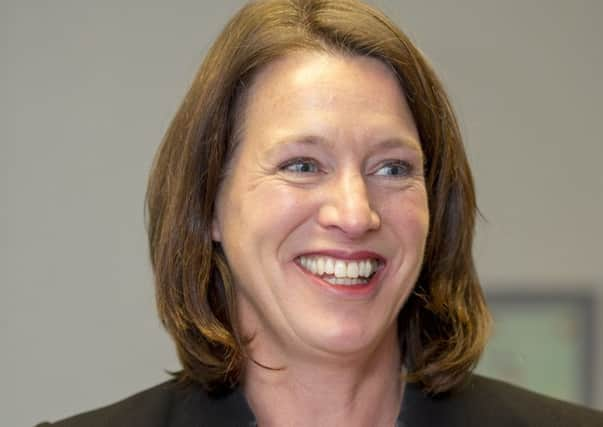Tales from the NHS frontline that put our own problems in the shade – Dr Catherine Calderwood


We live busy, full lives. We complain that we have no time to catch a breath and consider how we could make our lives easier. A paediatric surgeon colleague and his wife both work in a busy hospital. Here, he describes a typical day: “My first patient is a five-year-old boy who has come along with his mother and younger sister. The journey was two buses in the rain. The girl doesn’t have a waterproof. Her brother will need a minor operation and while I explain the procedure, the children play happily with toys in the room. The mum is on her own as her own mother is in hospital after a fall. The boy asks what they can eat as they have missed breakfast. Wrapping her daughter in her own coat, the mum smiles and whispers that no school lunch during the holidays means she will go without to make sure her children eat. Almost six per cent of children in Scotland suffer what’s known as ‘holiday hunger’.
“The next family have a daughter who has severe physical and mental disability and is in a wheelchair. I marvel at the coordinated, seemingly effortless manner with which her parents lift her on to the examination couch. A fairly major operation will be required and I see the anguish on their faces – not only at the prospect of surgery but also the organisation required to get time off work and care organised for other siblings. Again I receive a warm smile of gratitude as they leave.
Advertisement
Hide AdAdvertisement
Hide Ad“Later I see a girl who is brought to clinic by her grandparents. They are her legal guardians as her father is in prison and her mother is a drug user. I arrange some investigations. I invite them to ask any questions or concerns they have. My assumption that their thoughts are solely on the immediacy of the condition is misplaced. Their concerns run deeper and reflect that they are elderly and not in the best of health themselves. They love their granddaughter very much but have profound worries about the future when they will not be able to care for her. I am unable to provide meaningful reassurance. They smile and express genuine thanks for the consultation. On the way out, the grandmother affectionately does up the top button of her husband’s coat. He looks at me and says apologetically ‘arthritis’.”
My colleague is not alone. In my own obstetric clinic, I often wonder how people cope. The pregnant mother who cannot read so her husband and two children come to the clinic with her to make sure she gets here on an unfamiliar bus route and negotiates the hospital signs. She confides her husband has lost a day’s pay at a time they can ill afford it. The young woman who lost her waitressing job when the boss found out she was pregnant. With no income and her own family in Poland, she moved out of her flat to a cheaper one but discovered the others living there are involved in drugs and petty crime and she is terrified of bringing her new-born baby to live there. The gratitude she expressed when I described the Baby Box she would be offered from Scottish Government – with clothes, toys, bedding and other essentials and designed as a safe space for the baby to sleep in – as otherwise she had nothing.
Driving home, our minds go back to the people we met today. The treatments are just a small part of the overall issues families have to deal with. Social concerns including household finances, lack of childcare, transport and poor health of family members cause anxiety and anguish. Our own concerns seem insignificant relative to the challenges faced by the remarkable families we meet every day. We feel humbled.
Dr Catherine Calderwood is Scotland’s Chief Medical Officer